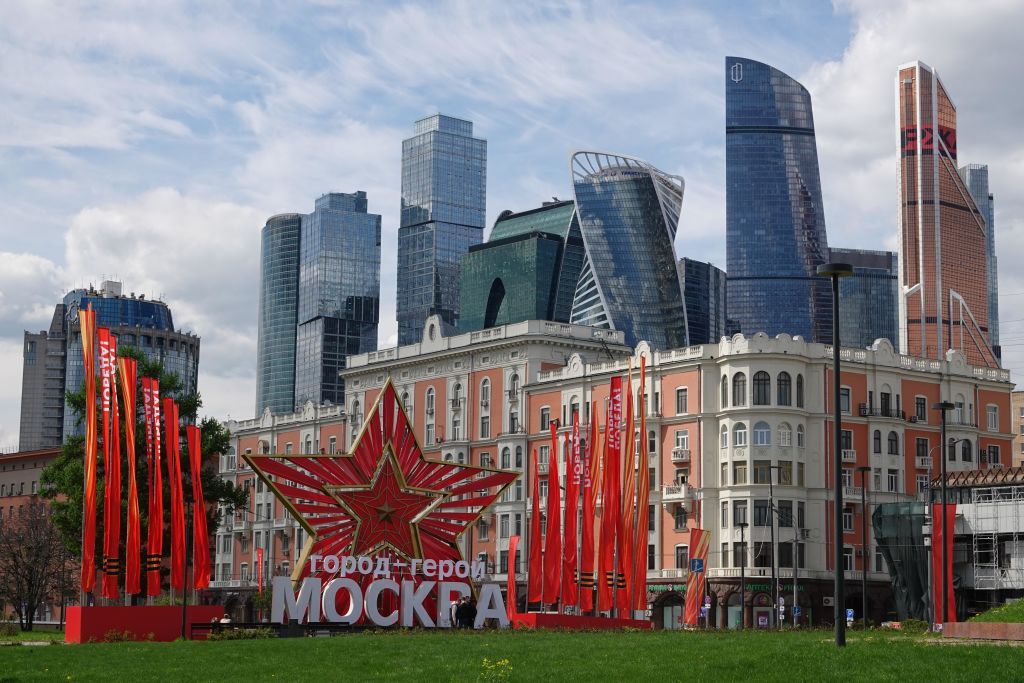US urges G7 to consider sanctions on Russian palladium, titanium, Bloomberg says

The United States has urged its G7 allies to consider sanctions on Russian palladium and titanium, Bloomberg reported on Oct. 23, citing an unnamed source.
Officials from U.S. President Joe Biden's administration raised the possibility of these sanctions during a G7 deputy finance ministers meeting on Oct. 22 in Washington, D.C.
The U.S. proposed initiating discussions to further weaken Russia's economy, according to the source.
Palladium is essential for producing computer chips and car catalysts, while titanium is critical for manufacturing airplanes and medical implants.
However, Europe’s reliance on these metals poses a significant challenge. G7 members Germany, France, and Italy would need support from the other 24 European Union members to impose such sanctions.
Washington has already blacklisted Russian titanium, but these metals are vital to global supply chains, and Western governments are cautious about potential market disruptions.
The West has long struggled to determine its approach to sanctioning Russian metals. In December, palladium prices rose 12% amid speculation of future sanctions after London imposed restrictions on certain Russian metals.
Earlier this year, the U.S. and U.K. imposed sanctions on Russian aluminum, copper, and nickel.












